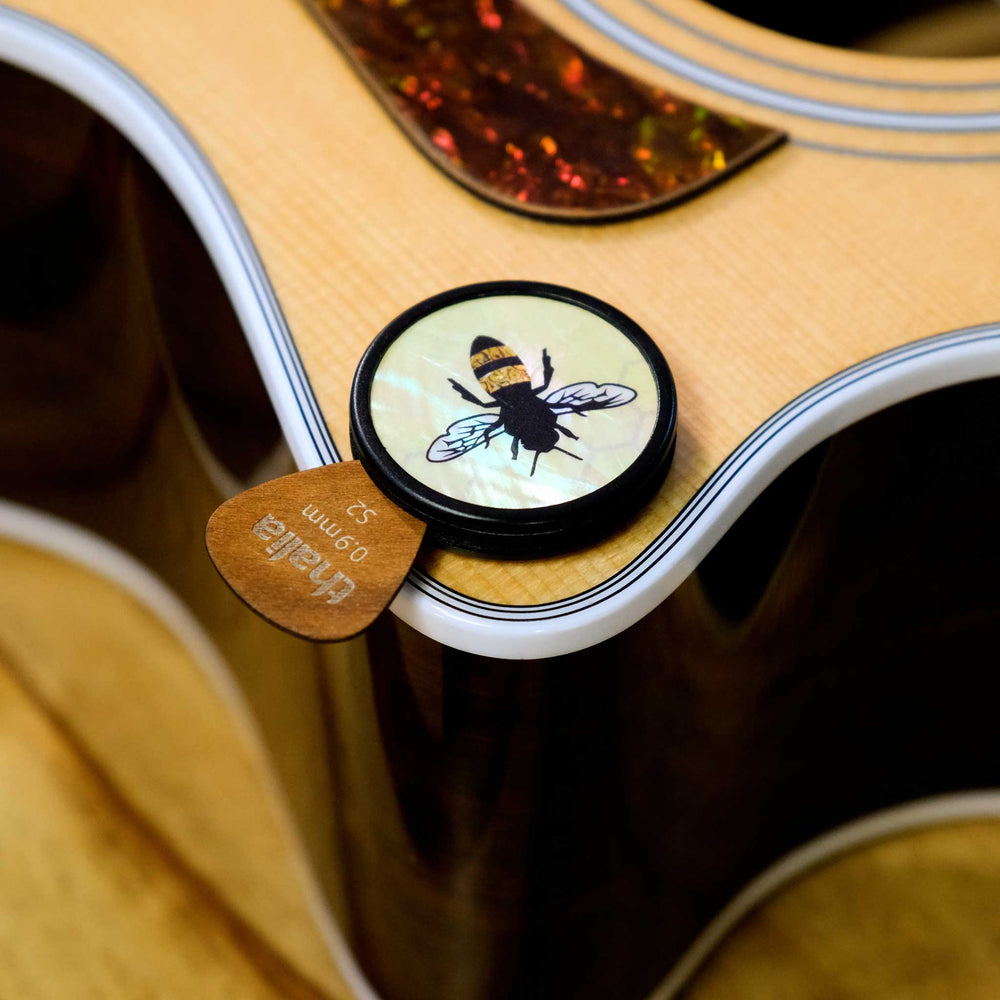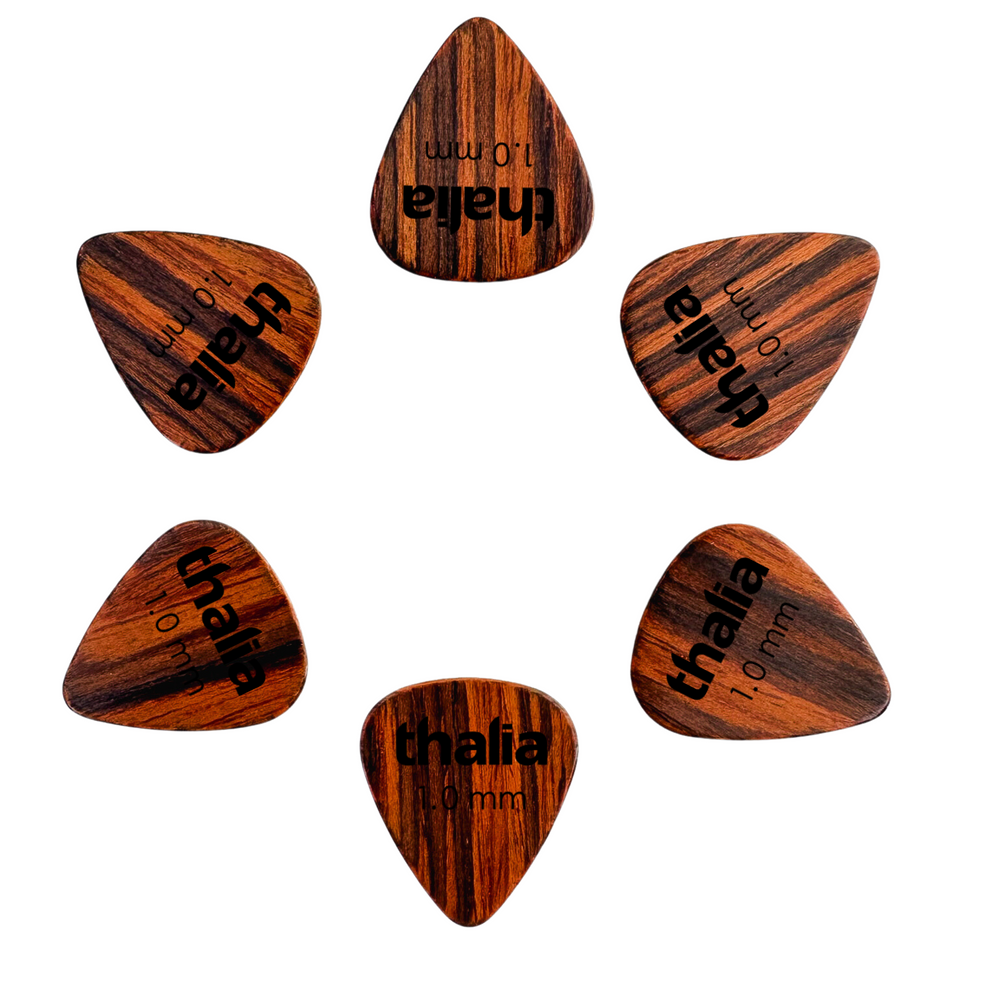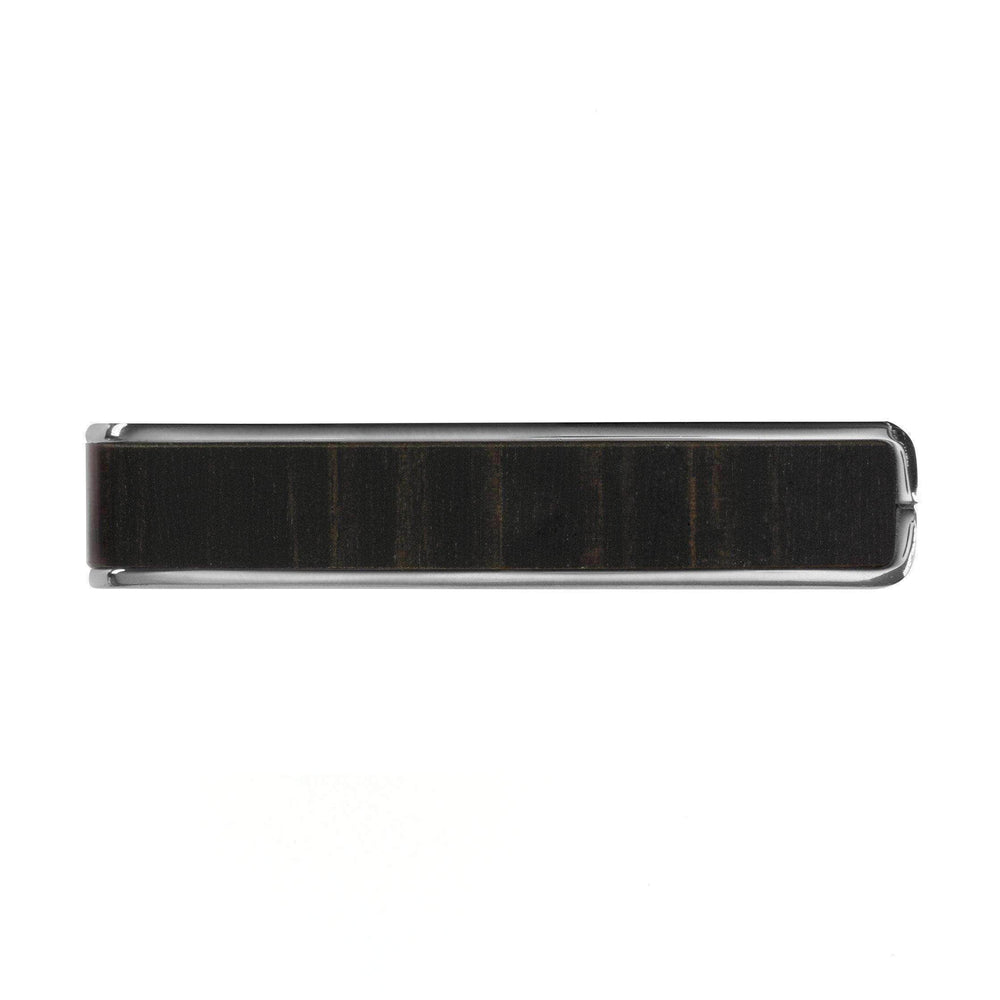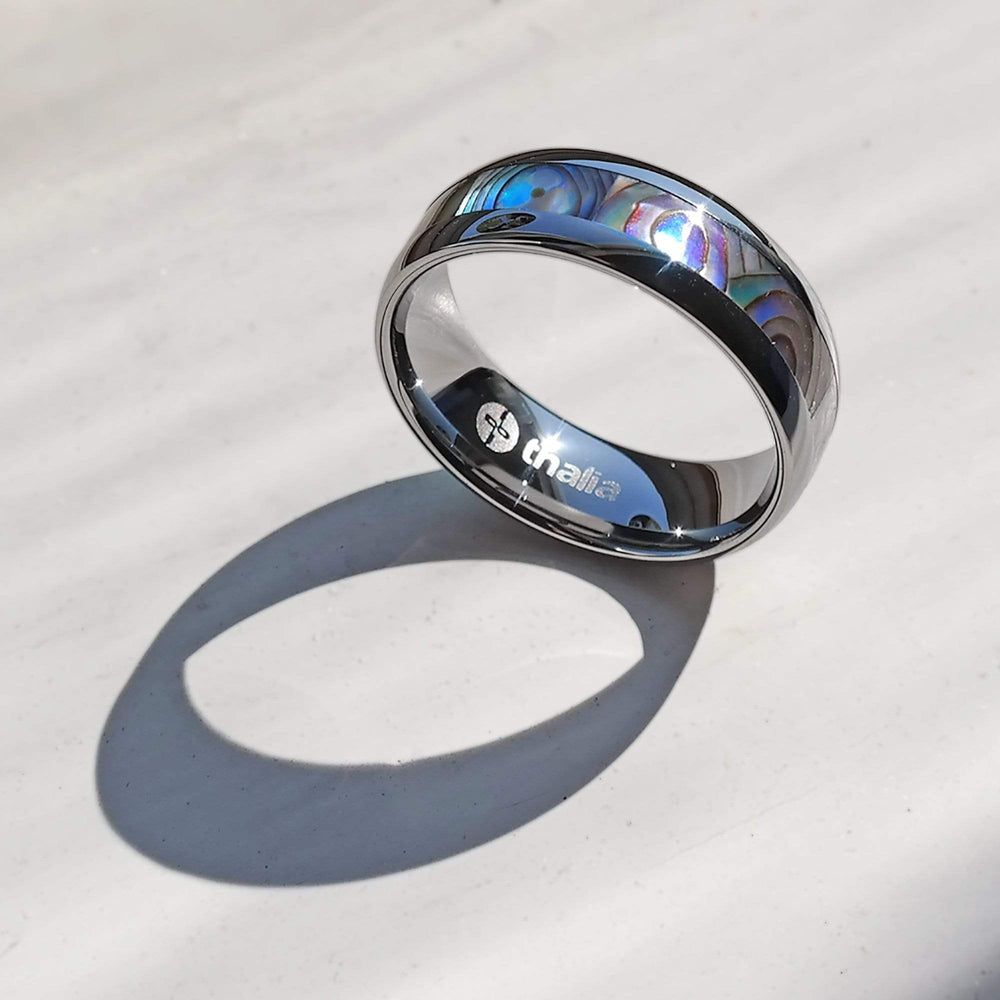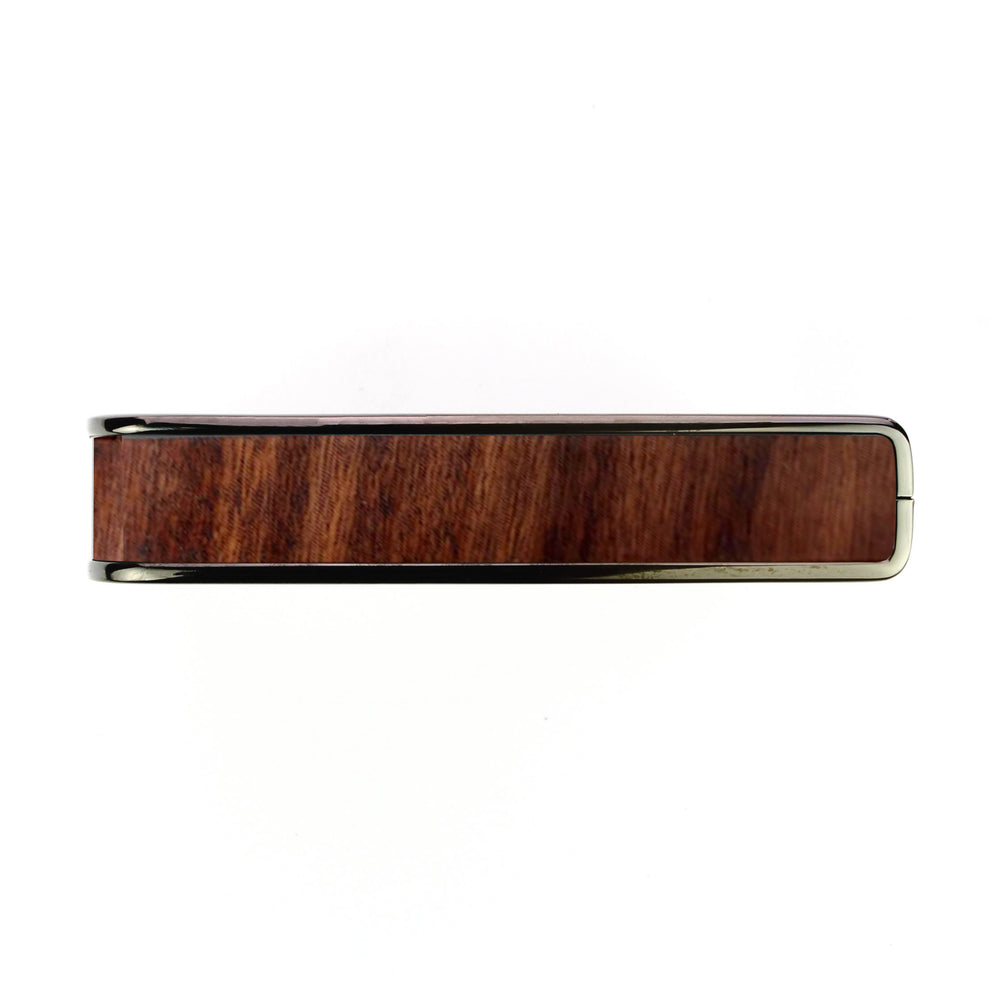Tony Iommi and the Accident that Created Heavy Metal
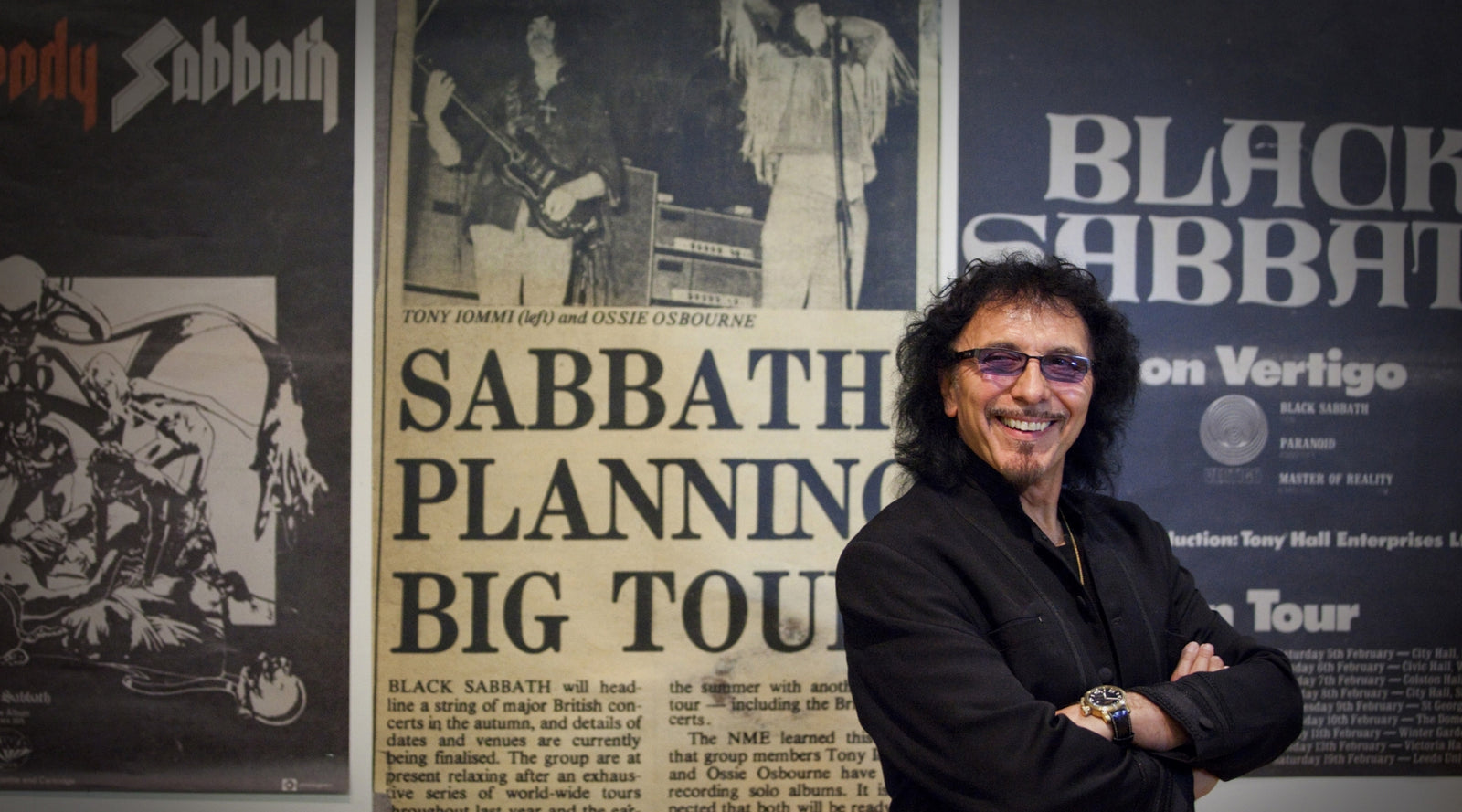
Black Sabbath’s Tony Iommi is the man who invented heavy metal.
“War Pigs,” “Children of the Grave,” “Symptom of the Universe”: those seismic riffs presented a blueprint that a generation of hard rock axe-wielders would follow.
Circa 1970, Iommi’s playing sounded like nothing out there. His doom-leaden, monolithic, end-of-the world riffs were, well, heavy… man.
But, what many people don’t realize is that Iommi’s unique playing style was equal parts accident and design. And, that the specific “accident” in question could have ended his guitar-playing career before it began.
Today, I’m telling the story of Tony Iommi and the accident that created heavy metal.
If you grew up in Birmingham, England in the ‘50s and ‘60s and didn’t excel at school, you were fated to working in a factory. Well, that or burglary, the chosen profession of a young Birmingham resident by the name of Ozzy Osbourne, but that’s another story…
Iommi was certainly a bright spark. His guitar-playing prowess - even in his early teens - was testament to that. But academically minded he wasn’t. He resisted factory work, of course. At one point, he planned to become a nightclub bouncer, bolstered by his abilities as a boxer (for a scrawny lad of Italian descent in working class Birmingham, self defense skills were a necessity).
Iommi never made it into the world of hired muscle, though. And, by the time he left school, he accepted the inevitable and took a job in a sheet metal plant. It was “boring” work by Iommi’s own admission, but it paid the bills, and left his evenings free for gigging.
By the time he hit 17, gigging was lucrative. So much so, in fact, that Iommi decided to pack in the sheet metal job and focus on music full time. He gave his notice to the company, and even considered skipping his last day of work until his mother convinced him otherwise.
 It was a fateful decision. And what followed was every guitarist’s worst nightmare. As Iommi recalled in a 2017 interview:
It was a fateful decision. And what followed was every guitarist’s worst nightmare. As Iommi recalled in a 2017 interview:
“I’d be on a line and they’d pass stuff down to me and I’d weld it, and then it’d go on to somewhere else. One day, the person that would be sending me the thing to weld never turned up, so they put me on this giant, huge press — a guillotine-type press. I don’t know what happened, I must have pushed my hand in. Bang! It came down. It just took the ends off [my fingers]. I actually pulled them off. As I pulled my hand back, it sort of pulled them off. It was left with two stalks, the bone was sticking out the top of the finger.”
“I went to the hospital and they cut the bones off and then they said, ‘You might as well forget playing.’ God, I was just so upset.”
Iommi was distraught and initially considered giving up the guitar altogether. That was, until the factory foreman played him a recording of Django Reinhardt:
“My friend said, "Listen to this guy play", and I went, "No way! Listening to someone play the guitar is the very last thing I want to do right now!" But he kept insisting and he ended up playing the record for me. I told him I thought it was really good and then he said, "You know, the guy's only playing with two fingers on his fretboard hand because of an injury he sustained in a terrible fire." I was totally knocked back by this revelation and was so impressed by what I had just heard that I suddenly became inspired to start trying to play again.”
The injury made playing incredibly painful for Iommi, particularly on the severed ends of his fingers. To compensate, he crafted a set of prosthetics by melting down a washing-up liquid bottle into fingertip-shaped thimbles. He then wrapped these in fabric cut from an old leather jacket. They were crude, but they did the job.
Just about, anyway. When it came to playing, Iommi’s new fingertips created three technical problems. Firstly, he couldn’t feel the strings through the thimbles, meaning that he pressed down very hard on them. Secondly, it became more difficult for him to play single note guitar solos, resulting in a chord-heavy style (with easy-to-fret power chords especially present). Finally, he couldn’t bend the strings very well. To compensate, Iommi sought lighter gauge guitar strings, firstly using banjo strings before switching to Picato lights in 1970.
On paper, those limitations seem like disadvantages. But, in reality, they were instrumental in shaping Black Sabbath’s signature sound. The greater emphasis on chord shapes, combined with Iommi’s heavy touch, resulted in the riff-a-rama ethos of Sabbath’s early albums that put them on the musical map. By the time of the “Master of Reality” album in 1971, the band de-tuned their instruments to C#, in part to accommodate for Iommi’s bending issue. The reasoning was largely practical, but the result was a seriously heavy, doom-laden sound.
Ultimately, Black Sabbath went on to change the very meaning of “heavy” music, and their unique sonic qualities were, in part, a result of that fateful accident.
What’s your favorite Tony Iommi moment? Can you think of other guitarist who has made innovations out of limitations? Let us know in the comments.









